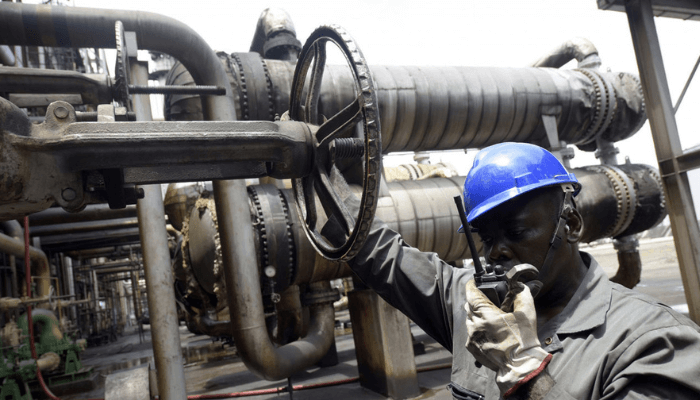The Private Equity and Venture Capital Association of Nigeria in its new report stated that the recent policies of President Tinubu don’t seem to be well thought-out and could deter foreign investments in the country.
The association stated this in its midyear review and strategic outlook for the year 2024 where it stated that the recent policies of the current administration may hinder and hamper success, according to Nairametrics.
According to the report, the Tinubu administration’s policies have conflicting objectives, which could discourage both domestic and foreign businesses.
It stated that efforts to establish a business-friendly climate are being hampered by the current administration’s short-term revenue generation objectives.
The report reads, “The introduction of policies with competing goals and interests will remain a deterrence for investors. Policies lack consistency and, in some cases, appear to be more of a knee-jerk reaction rather than a well thought out plan. Specifically, a number of short-term revenue generation goals continue to compete with the goal of creating a favourable business environment that attracts investors.”
The report also included examples of revenue-generating measures that run counter to efforts to draw in foreign investment.
Such examples include; the introduction of an expatriate levy for companies operating in Nigeria which was later suspended, the cybersecurity levy and others.
It pointed out that the policies if implemented would have created an toxic working environment for the current administration but stated it revealed how the government does not partner with the private sector.
The Securities Exchange Commission among other important government departments and agencies, was noted in the report to still lack a board.
This situation follows President Tinubu’s decision in June 2023 to “clean shop” by dissolving all statutory agencies, ministries, and departments.
It was observed that the lack of fresh appointments has stalled economic activity.
Since taking office, President Bola Tinubu’s administration has implemented significant changes to the energy and foreign exchange markets.
However, the economy has been significantly impacted by the effect of this reforms particularly in terms of inflation and exchange rates.











